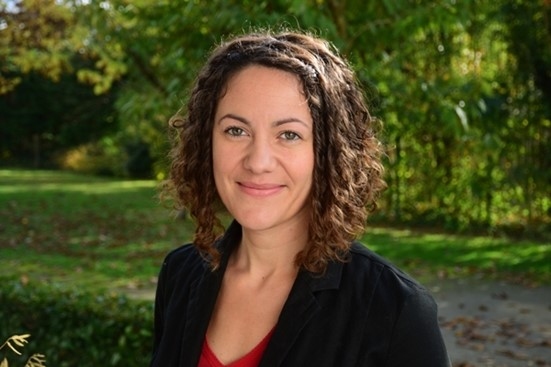What is your area of specialty/role at NIWA?
I am a Water Quality Scientist - Urban Aquatic Environments at NIWA based in Auckland.

I am originally from France where I started my career as an environmental engineer, working on environmental impact assessments, soil remediation and water quality. I came to New Zealand to study for my PhD, researching water treatment systems using Nature Based Solutions (NBS). My area of expertise relates to the development, evaluation and optimization of Nature Based Solutions for storm and wastewater allowing for different levels of treatment depending on end-uses and local water resource preservation objectives. I returned to France where I worked as a lecturer at a university for eight years before deciding to pursue a career change back here in New Zealand. And so, for the past 2 years, I have been working for NIWA.
At NIWA, I am currently involved in the Wai āwhā research project, whose aim is to monitor the system and catchment-scale effectiveness of Nature Based Solutions for stormwater runoff quality and quantity control (some of the preliminary results are here). The overarching aim is to build a model for predicting stream ecological responses to urban development with various degrees of NBS implementation, to support more effective planning and decision making for improved stream water quality and ecological health.
Why did you want to work in that area?
Ever since I graduated from university, I had wanted to be involved in research projects that could minimise human adverse effects on the environment. My background research at university was in stormwater management so that is what led me towards a PhD focusing on water treatment using vegetated systems. My study topic was, Stormwater Quality Treatment and Pollutant Removal Pathways by a Floating Treatment Wetland.
What’s the most rewarding thing you’ve done in your career so far?
In collaboration with a colleague, we secured funding from the French National Research Agency (ANR) to implement a pilot scale NBS research experiment. It involved developing a floating wetland system to reduce polluting emissions from pre-treated wastewater discharge from the agri-food sector. One of the objectives of the project was to improve the "conventional" floating wetland to remove greater quantities of phosphorus, which could be recovered for later reuse, thus reducing pressure on this depletable resource.
My PhD research was at the centre of an environmental trial led by the NZTA’s Auckland Motorway Alliance, Auckland Council and the University of Auckland, using a floating wetland in a pond to treat runoff from the Northern Motorway.
In these two examples, we can see that the same treatment system was used but tailored to each effluent type, through vegetation and media selection.
What do you like to do outside of your work at NIWA?
I have a partner and children and we enjoy exploring outdoor activities. We especially enjoy walks along the west coast close to Piha, we love the beach, going swimming and snorkeling.

